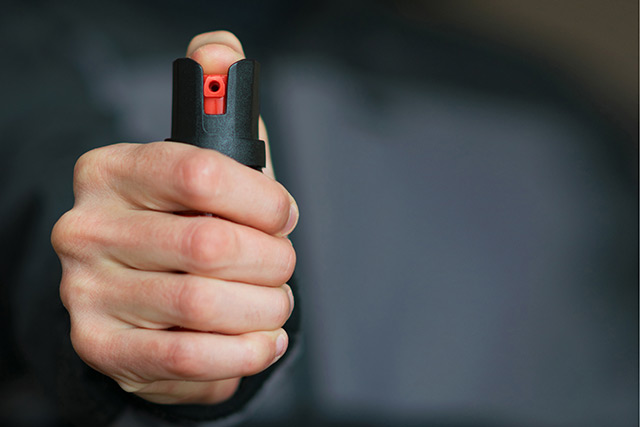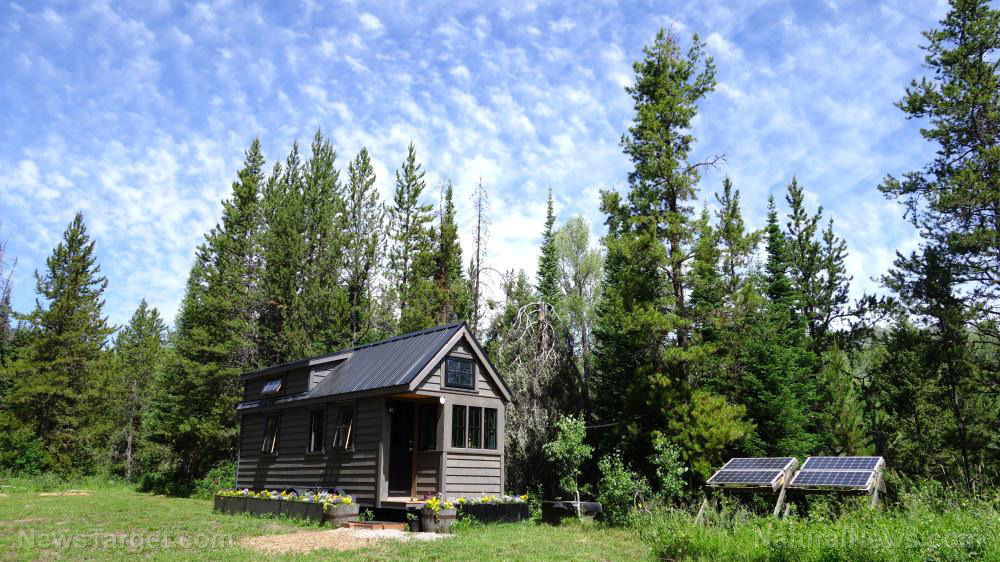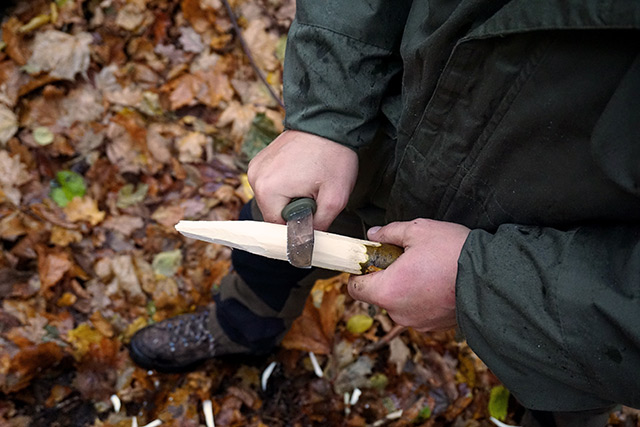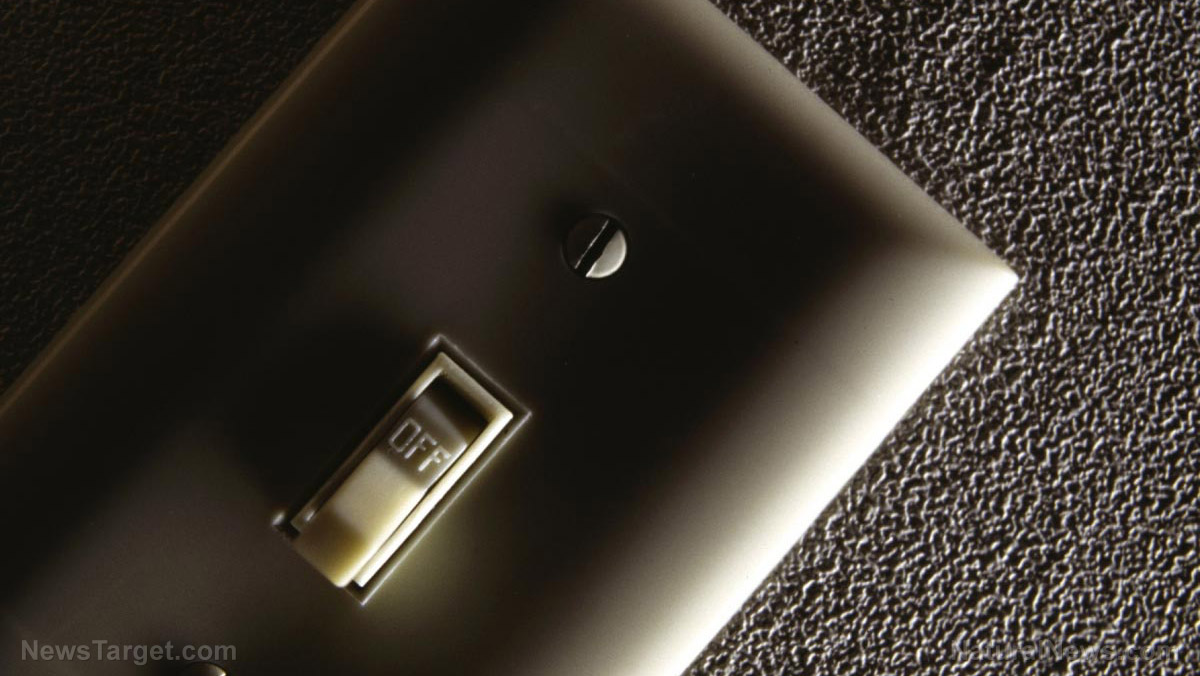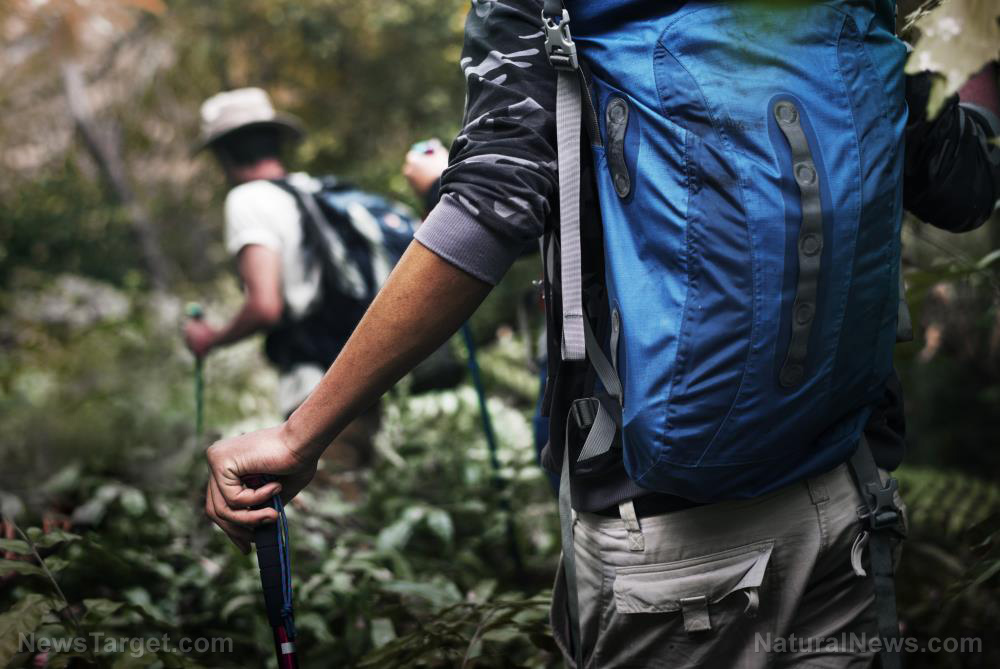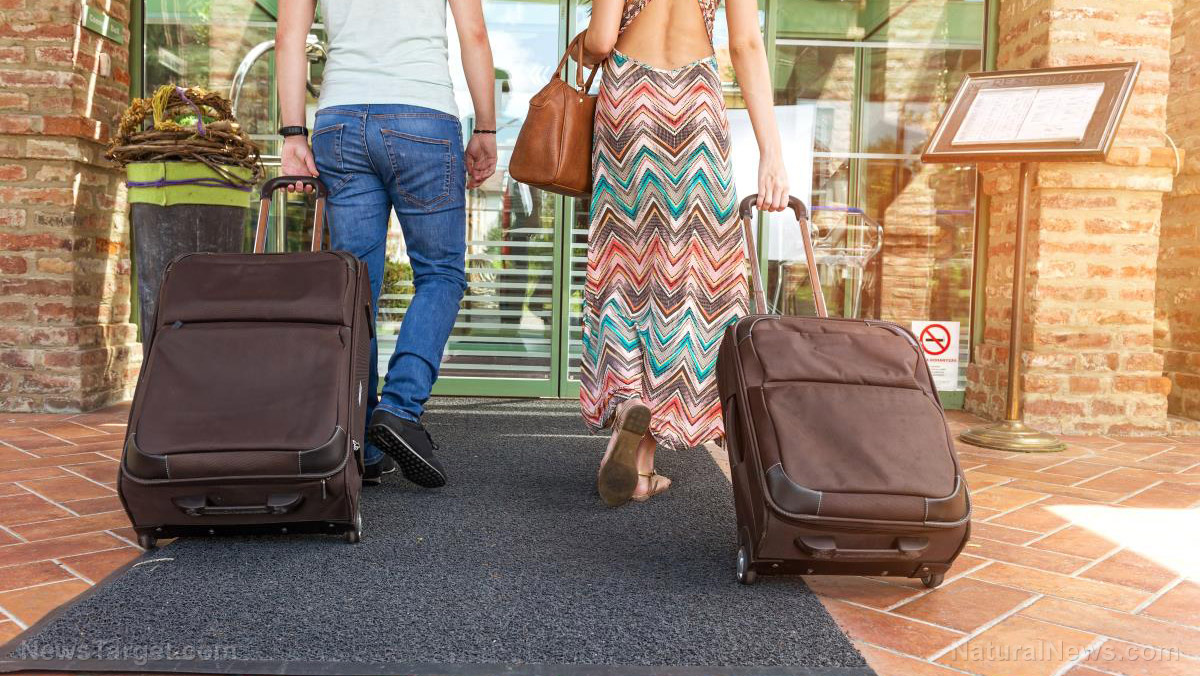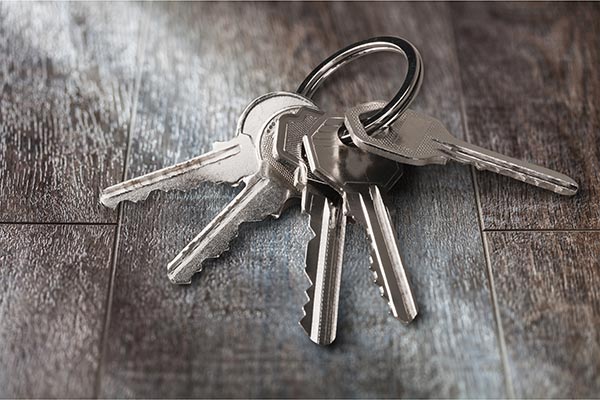Prepper projects: How to set up an underground bunker
11/14/2019 / By Grace Olson
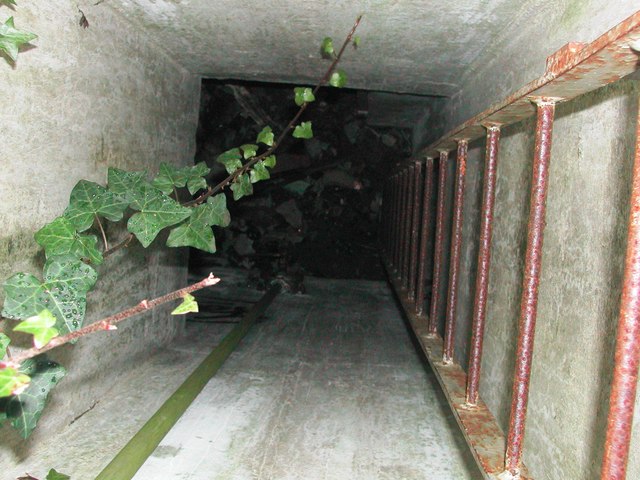
When a disaster strikes, a bunker will come in handy. These shelters are key to your survival during an emergency. There are available bunkers on the market, but most preppers prefer to build their own. With proper planning and enough preparations, you and your family will be safe and secure in any type of scenario. (h/t to SHTFDad.com)
Planning your bunker
With a good plan, you’ve already finished half of the race. There are many things to consider when planning for bunkers. The most important thing is to know your family’s needs and limits. Consider these other factors as well:
1. Purpose
The main question to ask yourself is: What is the bunker for? What type of scenario are you expecting? The level of complexity of your bunker depends on its purpose. There are many types: a storm shelter for hurricanes and tornadoes; bomb shelters for earthquakes; fire bunker for wildfires; and so many more. Mix and match different types of bunkers to prepare for any kind of disaster.
2. Location
Location is exceedingly important. It dictates how your bunker will be set up. You must consider accessibility and security. How far is the bunker from your home? From your town? Is the area isolated or open to strangers? Are there any escape routes? Is it near resources, like firewood or water?
Also consider how the bunker is accessed and hidden. You don’t want strangers snooping around your supplies.
Just remember that when SHTF, you and your family need to get to that bunker safely.
3. Design and size
With a chosen location, you can now design your bunker. Consider how the mechanical systems will provide for your family’s basic needs. These systems are key points to survival, including air, water, and waste management. Include a power system if possible.
Also define the spaces in the bunker. These include:
- Living spaces – These include sleeping quarters, kitchen, communal areas, and bathrooms.
- Mission spaces – These are areas where you set up communications, prepare your weapons, and do medical operations in case of an accident.
- Storage spaces – These are where your supplies are kept. Make sure to stock up enough food, toiletries, medical supplies, and mission supplies.
Like with any other building project, you have to adjust your design to your location. Something unexpected may come up, like a huge rock or a tree that’s in the way. Be creative and use these things to your advantage.
Building your bunker
After choosing a location and a design, it’s time to build your bunker. If you have the necessary skills to build one, that works to your advantage. If you don’t, it may be a better idea to hire somebody to do it for you. There’s nothing worse than a bunker that has a leak or unsteady walls. (Related: Considerations you need to know before bugging out to a makeshift bunker.)
Here are some things to consider when building a bunker:
1. Hiring a contractor
It’ll be easier to hire somebody, but consider your security as well. Remember: This is your secret bunker. You’ll need assurance that the contractor and the workers will keep quiet about it. Come up with a good cover story, or better yet, make them sign a nondisclosure agreement.
2. Material costs
Do your homework on what kind of materials and mechanical systems you’ll need. Know each material’s strengths and weaknesses. Your bunker needs to be in tip-top shape to survive a disaster.
This doesn’t mean investing in expensive steel bars or cement. Be efficient with your money and choose wisely. This is where a contractor and handyman’s input will be of great help.
Maintaining your bunker
After building your bunker, you need to ensure that it’s always in prime condition. An emergency never chooses when to strike, so stay prepared. Read below on ways to keep your bunker ready for immediate occupation.
- Bunker supplies. Make a list of your supplies and take note of the expiration dates. You’ll have to rotate your supplies occasionally to ensure that they’re still usable. On that note, stay up to date on any new discoveries, like functional foods or new technology. You might want to stock up on those, too.
- Maintenance. Set up a schedule to perform maintenance on your bunker. Ensure that all the mechanical systems are functioning properly. Keep a lookout for leakages or holes that may compromise the safety of your bunker. Address these immediately.
Preparation is key to keeping you and your family safe. Learn more about prepping and other survival tips at Preparedness.news.
Sources include:
Tagged Under: bug in, bug out, Bunker, chaos, disaster, how-to, off grid, panic, preparedness, prepper, prepping, SHTF, survival, survival bunker, survival shelter, survivalist, underground bunker
RECENT NEWS & ARTICLES
COPYRIGHT © 2017 OFFGRID NEWS


